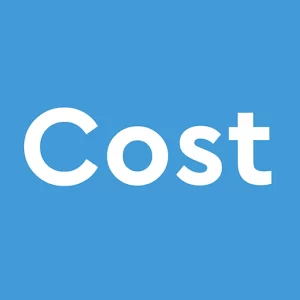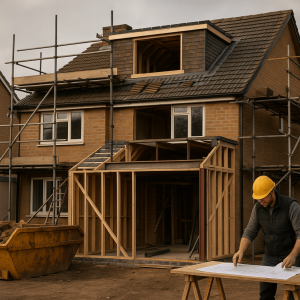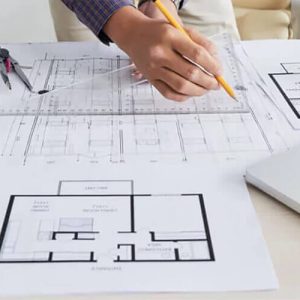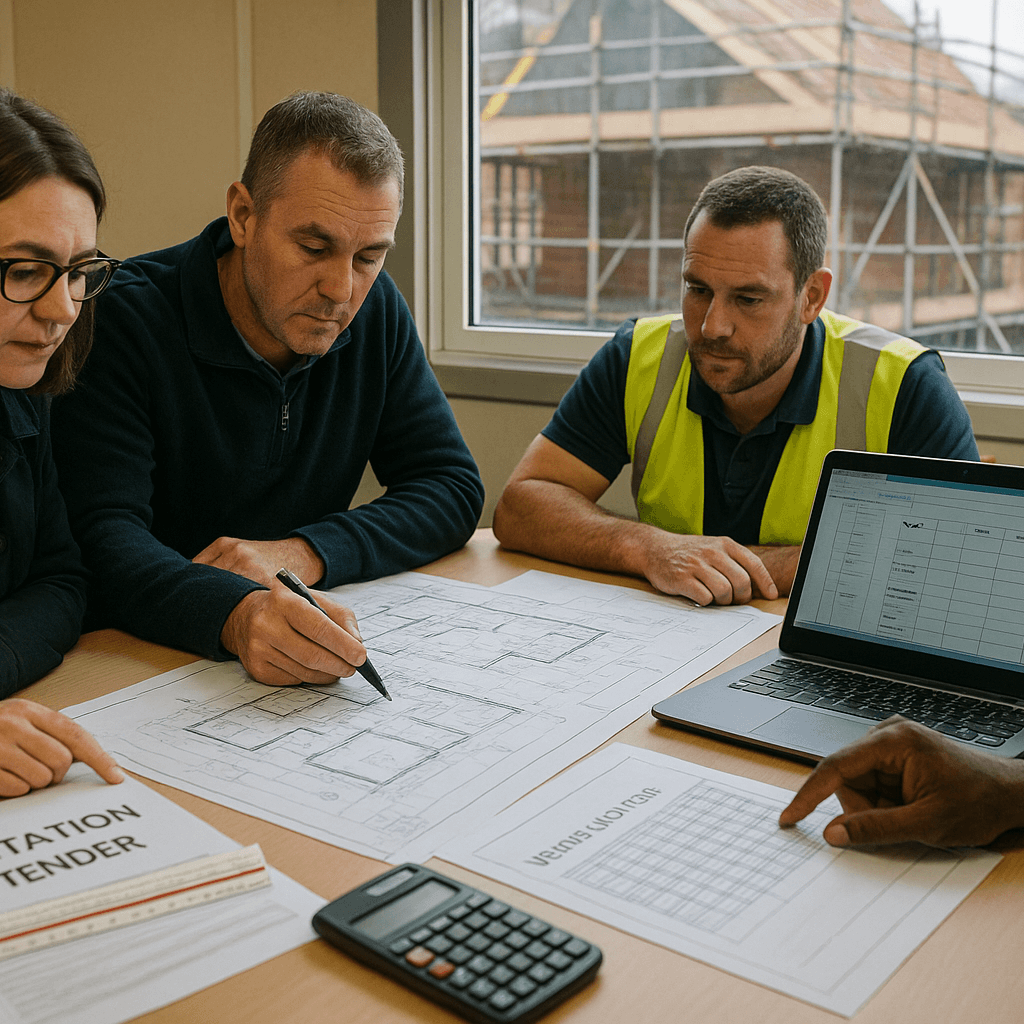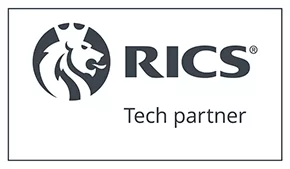Looking to improve how you manage construction projects in the UK? This complete guide covers practical project management methods to help you plan, deliver, and control construction projects efficiently. Whether you run a small building firm or manage large-scale developments, this post explains how to deliver projects on time, on budget, and to client expectations.
This post is part of our Running a Successful Construction Business series. For the full business growth guide, read our How to Run a Successful Construction Business in the UK.
Table of Contents
- What is Construction Project Management?
- Key Construction Project Management Phases
- Best Practices for Effective Construction Management
- Choosing the Right Project Management Tools
- Common Challenges and How to Overcome Them
- What’s Next?
What is Construction Project Management?
Construction project management involves planning, coordinating, and overseeing construction projects from start to finish. This includes managing resources, time, costs, subcontractors, and client expectations while ensuring all works meet health and safety regulations and building standards.
Key Construction Project Management Phases
- Pre-Construction Planning: Define scope, budget, timeline, and resources.
- Procurement: Source materials, subcontractors, and services.
- Construction Delivery: Manage site operations, teams, and progress.
- Commissioning and Handover: Complete snagging, testing, and client handover.
- Post-Project Review: Capture lessons learned for future improvements.
Best Practices for Effective Construction Management
1. Start with Clear Project Planning
Outline project goals, timelines, and responsibilities before works begin. Use a Construction Project Checklist to avoid missing key steps.
2. Build a Reliable Construction Team
Choose experienced subcontractors, site managers, and tradespeople who understand your standards and processes. Learn how to manage your construction team effectively.
3. Communicate Clearly with Clients and Teams
Provide regular updates, progress reports, and formal change order procedures to keep everyone aligned. Improve your client communication process.
4. Track Costs with Job Costing and Budget Control
Use job costing tools to track labour, materials, and overheads in real time. Regularly review budgets and adjust forecasts.
5. Manage Risks Proactively
Identify potential delays, health and safety risks, and supply issues before they impact the project. Implement risk management plans and contingency budgets.
6. Maintain Quality Control and Health & Safety Standards
Carry out regular site inspections, quality checks, and safety audits to ensure compliance with UK building regulations and legal responsibilities.
7. Document Everything
Keep detailed records of site diaries, change orders, communications, and completion certificates. Good documentation protects you in case of disputes or warranty claims.
Choosing the Right Project Management Tools
Modern project management software can streamline your operations. Look for features such as:
- Gantt charts and project timelines
- Resource and task scheduling
- Job costing and budget tracking
- Subcontractor management
- Document storage and sharing
- Mobile access for site teams
Consider tools like Powered Now for small to medium construction businesses.
Common Challenges and How to Overcome Them
- Scope Creep: Prevent changes without formal client approval and cost adjustments.
- Supply Chain Disruptions: Build relationships with multiple suppliers and order materials early.
- Labour Shortages: Invest in recruitment, training, and team retention strategies.
- Communication Breakdowns: Hold regular site meetings and use shared project management tools.
What’s Next?
Take your construction projects to the next level by strengthening your business systems:
- Manage productive construction teams
- Win more work with better client communication
- Grow your local reputation with targeted marketing
Need help pricing your next project? Request a Custom Estimate from our UK-based cost estimators.
Frequently Asked Questions
What is construction project management?
Construction project management involves planning, coordinating, and controlling construction projects from start to finish to ensure they are delivered on time, on budget, and to quality standards.
What are the key stages of construction project management?
The key stages include pre-construction planning, procurement, delivery, commissioning, and post-project review.
What tools do I need to manage construction projects effectively?
Project management software with scheduling, job costing, and team collaboration features can help you manage projects more efficiently.
How do I improve client communication on construction projects?
Provide regular progress updates, clear documentation, and formal change order procedures to manage client expectations and build trust.
How can I prevent scope creep on construction projects?
Document all project changes and ensure clients sign off on new costs and timelines before proceeding with additional work.
What are the legal responsibilities of a construction project manager?
Project managers must ensure compliance with health and safety regulations, building codes, employment laws, and contractual obligations.
How do I manage subcontractors on construction projects?
Set clear expectations, monitor performance, and maintain open communication using project management tools and site meetings.
Where can I get help pricing a construction project?
Use our Custom Estimate Service to get professional pricing support from UK-based construction estimators.

